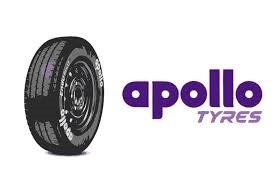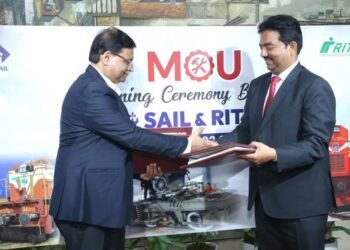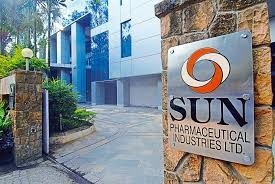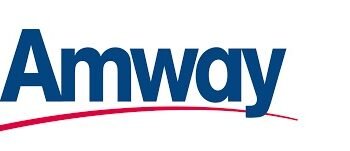RCPL aims to transform India’s FMCG sector with state-of-the-art integrated food parks; investment marks a key growth milestone for the company and Reliance Group
New Delhi (Economy India): Reliance Consumer Products Limited (RCPL), a key subsidiary of Reliance Industries Limited (RIL), has inked a historic ₹40,000 crore Memorandum of Understanding (MoU) with the Indian government to establish integrated food manufacturing facilities across India. This massive investment signals a major transformation for the Indian Fast-Moving Consumer Goods (FMCG) sector, bringing in cutting-edge technology, automation, and AI-driven solutions.
The MoU was signed during the World Food India 2025 event in Delhi and represents one of the largest private-sector investments in India’s food processing ecosystem. Over the past three years, RCPL has achieved ₹11,000 crore in revenue, demonstrating rapid growth and readiness to take on large-scale expansion.
RCPL: Company Profile and Growth Trajectory
RCPL emerged as a standalone FMCG player in 2022 after separating from Reliance Retail Ventures Limited. Within just three years, the company has established itself as a major FMCG contender, acquiring several renowned brands such as Tagz Foods, Campa, Independence, Allen, Enzo, and Rawalgaon, covering products from beverages and snacks to personal care items.
The company’s rapid revenue growth of over ₹11,000 crore highlights its scalable business model, efficient supply chain, and consumer-focused product strategy. RCPL’s success forms a critical component of Reliance Industries’ broader FMCG expansion blueprint, aimed at establishing a global footprint.

Details of the ₹40,000 Crore MoU
Under the agreement, RCPL will build integrated facilities in Nagpur, Maharashtra, and Kurnool, Andhra Pradesh, with an initial investment of over ₹1,500 crore dedicated to producing food and beverage products. The integrated food parks will leverage automation, robotics, and AI-based technology to streamline manufacturing and distribution.
These facilities aim to significantly increase production capacity, enhance quality standards, and optimize logistics across India, particularly for the fast-growing ready-to-eat and processed foods segment.
Vision for Integrated Food Parks
RCPL’s integrated food parks are designed to be Asia’s largest, employing state-of-the-art technology to reduce operational costs and increase productivity. The parks will incorporate:
- AI-driven manufacturing automation
- Robotics for assembly and packaging
- Sustainability-focused supply chains
- Advanced storage and cold chain facilities
This initiative aligns with the government’s vision for a modernized food processing industry, boosting both domestic consumption and export potential.
Leadership Insight: Esha Ambani and Mukesh Ambani
At Reliance Industries’ Annual General Meeting (AGM) 2025, Esha Ambani highlighted RCPL as one of the group’s key growth engines, aiming to achieve ₹1 lakh crore in revenue over the next five years.
Meanwhile, Mukesh Ambani has undertaken corporate restructuring, consolidating over 15 FMCG brands, including Campa Cola, into a single entity. This strategic move focuses on targeted brand growth, investment attraction, and increased operational efficiency.
Revenue Analysis and Market Performance
RCPL’s revenue trajectory is remarkable:
- ₹11,000 crore in three years
- Rapid expansion of product portfolio and distribution network
- FMCG product sales across food, beverage, personal care, and household items
The company’s growth is fueled by strategic acquisitions and innovative product launches, making it one of India’s fastest-growing FMCG players.
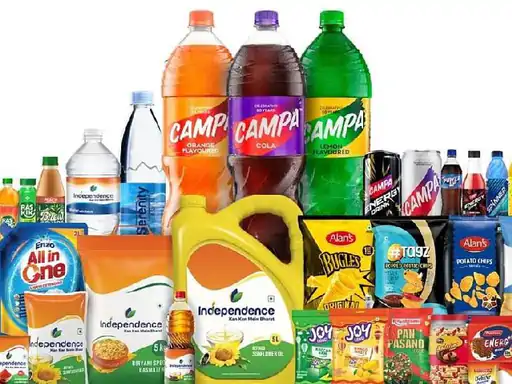
FMCG Sector Context
India’s FMCG sector is projected to grow at 12–15% annually, driven by:
- Rising disposable incomes
- Expanding urbanization
- Increased demand for processed and packaged foods
RCPL’s integrated food parks address a critical infrastructure gap in India’s food manufacturing ecosystem, providing scalable production and supply chain capabilities to meet growing demand.
Investment Analysis
The ₹40,000 crore investment is expected to:
- Create tens of thousands of direct and indirect jobs
- Boost India’s food processing output
- Attract domestic and international investors
- Enhance technological adoption in manufacturing
The investment will strengthen India’s self-reliance in food production and foster long-term economic growth.

Global Benchmarking
Compared to international FMCG giants, RCPL’s approach emphasizes:
- Integration of technology
- Sustainability practices
- Global-quality manufacturing standards
The company aims to match international benchmarks while catering to domestic consumption patterns.
Technology and Innovation
The integrated facilities will focus on:
- AI and robotics for production efficiency
- Predictive supply chain management
- Sustainable packaging solutions
- Real-time monitoring of manufacturing processes
This approach positions RCPL as a technologically advanced FMCG company in India and globally.
Government Collaboration and Regulatory Support
The MoU aligns with India’s food processing policies, offering:
- Tax incentives
- Land and infrastructure support
- Policy guidance for innovation and sustainability
The collaboration ensures regulatory compliance, environmental safeguards, and adherence to quality standards.
Consumer Impact
The integrated food parks will deliver:
- Better quality products
- Wider variety of FMCG goods
- Improved availability across urban and rural markets
- Potential price reductions due to efficiency gains
Consumers are expected to benefit from enhanced choice, affordability, and quality.
Competition and Market Positioning
RCPL competes with:
- Hindustan Unilever Limited (HUL)
- Nestlé India
- ITC Limited
- Dabur India
RCPL’s competitive advantage lies in technology-driven production, strategic acquisitions, and Reliance’s financial backing.
Global Expansion Plans
RCPL aims to:
- Export processed foods globally
- Establish international brand presence
- Leverage integrated facilities to produce high-quality FMCG goods for global markets
This expansion will enhance India’s export potential in the FMCG sector.
Challenges and Risk Analysis
Potential risks include:
- Supply chain disruptions
- Regulatory hurdles and approvals
- Competition from domestic and international brands
- Technology adoption and workforce training
Economic Implications
The MoU is expected to:
- Contribute significantly to India’s GDP
- Create employment opportunities
- Strengthen allied sectors like logistics, packaging, and retail
- Enhance India’s position in global FMCG trade
Strategic Partnerships
RCPL will collaborate with:
- AI and robotics technology providers
- Suppliers and vendors for raw materials
- Government agencies for policy support and infrastructure
These partnerships will optimize efficiency and growth.
Future Roadmap
RCPL’s roadmap includes:
- Scaling production across multiple facilities
- Expanding product portfolio in food, beverages, and personal care
- Targeting global market expansion
- Achieving ₹1 lakh crore revenue within five years
Expert Opinions and Industry Reactions
Analysts note:
- The ₹40,000 crore deal is one of the largest FMCG investments in India
- RCPL is positioned to become a dominant market player
- Investors are bullish on long-term growth prospects
Reliance Consumer Products Limited’s ₹40,000 crore MoU with the Indian government marks a major milestone for India’s FMCG industry. By leveraging technology, strategic investment, and government collaboration, RCPL is set to redefine food manufacturing, supply chain efficiency, and consumer access.
This initiative reflects India’s ambition to become a global leader in FMCG, enhance economic growth, and promote innovation-driven industrial expansion.
(Economy India)







